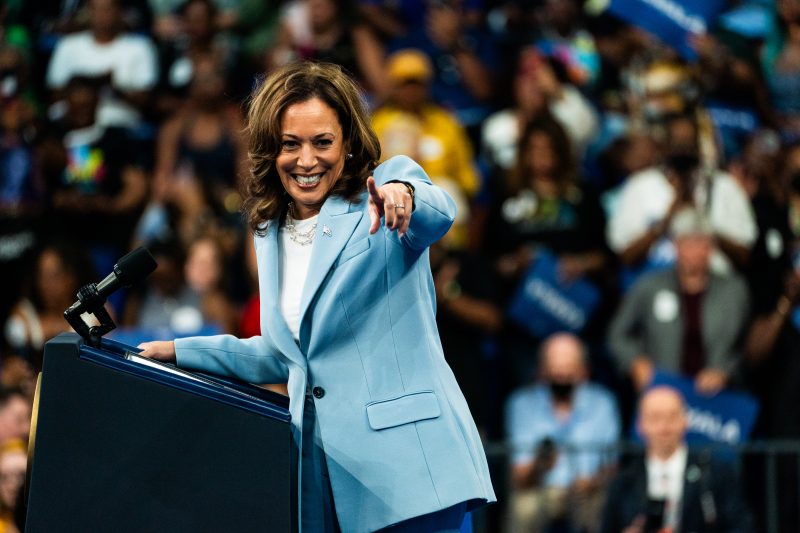In a recent turn of events, Kamala Harris, America’s first female Vice President of Black and South Asian descent, finds herself at a pivotal moment in her political career as former President Donald Trump questions her identity. The scrutiny around Harris’ background has brought to the forefront issues of race, gender, and belonging in American politics.
As a woman of mixed heritage, Harris has often faced questions and criticisms regarding her identity throughout her career. Critics on both sides of the political spectrum have challenged her authenticity, raising doubts about her commitment to particular communities based on her racial and ethnic background. This kind of scrutiny reflects broader societal tensions surrounding racial and gender identity politics, especially in a country as diverse and complex as the United States.
Trump’s recent comments, in which he questioned Harris’ heritage and referred to her as not truly African American, have reignited the debate over identity and representation in politics. By casting doubt on Harris’ background, Trump not only seeks to delegitimize her accomplishments but also to sow division and distrust among American voters. This tactic of questioning the identity of political figures is not new, as politicians of diverse backgrounds have often been targets of such attacks throughout history.
Harris’ response to these attacks is crucial in shaping her political trajectory and how she is perceived by the American public. By confidently asserting her identity and highlighting the diversity of experiences that have shaped her, Harris can overcome these challenges and potentially emerge as a unifying figure for the nation. Her ability to navigate these challenges will not only impact her own political future but also set a precedent for how candidates of diverse backgrounds are treated and respected in American politics.
In conclusion, Kamala Harris’ identity has become a focal point of debate in American politics, highlighting larger issues of race, gender, and belonging in society. As she faces scrutiny and criticism regarding her background, Harris has the opportunity to assert her identity and demonstrate the power of diversity in shaping political leadership. The way she responds to these challenges will not only define her legacy as Vice President but also influence how identity politics are navigated and understood in the United States.
